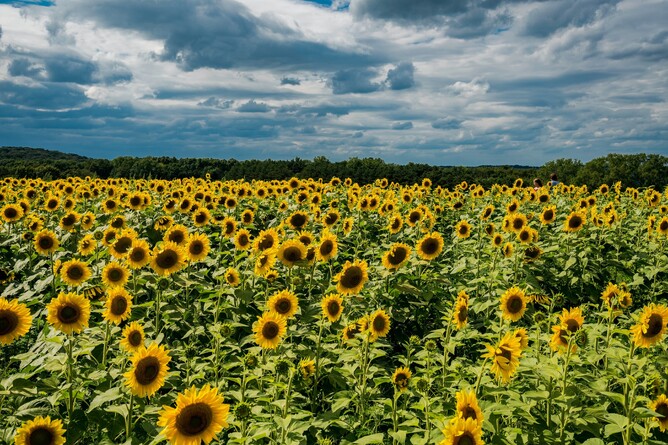Spring in New Zealand is a time of profound change beneath our feet as soil temperatures rise and rain patterns shift. Understanding these changes is vital for every gardener and farmer.; here's where Little Buddies' innovative worm farms and composting techniques make a difference.
The Resurgence of Soil Life
Spring heralds a time of rebirth and rejuvenation for the soil. As temperatures gradually rise, the soil begins to warm up, awakening a plethora of microbial life. This increase in biological activity leads to enhanced nutrient cycling as microorganisms break down organic matter more rapidly. Additionally, in many regions, spring brings increased moisture, either from melting snow or seasonal rains. This influx of water can lead to heightened soil aeration or, in cases of excessive rainfall, potential compaction or waterlogging, affecting root growth and soil structure.
The Little Buddies Solution to Increased Moisture Levels
While spring rains are welcomed by many plants, they also bring challenges. Too much moisture can lead to excessive run-off, and compacted , waterlogged soil.
Organic Compost and vermicast is the answer. Little Buddies efficiently processes food waste into rich compost and vermicast; these vital soil amendments ensure that that soils maintain a good structure rich in organic carbon. This promotes proper drainage and root health, while improving water retention and helping prevent soil fatigue by returning vital nutrients, biology and organic carbon back to the land.
Nutrient Management with Compost
Spring's increased microbial activity also speeds up the decomposition of organic materials. This is where compost, especially from food waste, shines. Little Buddies' compost is nutrient-dense, ensuring that plants get the essential nutrients they need during this pivotal growth season.
Spring Composting Challenges
The arrival of spring significantly impacts composting processes. The warmer temperatures expedite the decomposition of organic materials in compost piles, as microbial activity surges. This results in a faster conversion of food waste and other organic matter into rich, crumbly compost.
However, the heightened moisture levels, if not managed properly, can lead to overly wet compost piles. While moisture is essential for composting, excessive dampness can reduce airflow, leading to anaerobic conditions which can slow down the decomposition process and produce unwanted odours & leachate.
Regular turning and monitoring of compost heaps become crucial during this season to maintain the ideal balance of moisture and air.
Worm Farm Performance
Spring's gentle warmth brings a noticeable uptick in the performance of worm farms. As the mercury rises, the metabolic rates of worms, especially species like the Tiger Worm, accelerate, leading them to consume and process organic waste more efficiently. This results in a faster production of vermicompost and worm tea, both invaluable additions to garden soil.
However, while worms thrive in moderate warmth, they remain sensitive to temperature extremes. Sudden spikes or prolonged exposure to higher temperatures can stress them, potentially reducing their efficacy or even threatening their survival. Therefore, while spring usually augments worm farm productivity, it also underscores the importance of closely monitoring and, if necessary, moderating the internal temperature of the worm farm to ensure optimal conditions.
Why Choose Little Buddies This Spring?
Food Waste Transformation: Our focus is not just on managing waste, but on transforming food waste into a valuable resource. Our worm farm and composting processes quickly convert food scraps into nutrient dense compost and vermicast.
Supporting Soil Health: With the challenges and changes that spring brings to New Zealand's soil, high-quality compost is an essential amendment to help fend off soil fatigue, improve water retention and lower the risks of nutrient run-off and the upcoming dryness of summer.
Community and Education: We're about more than just worm farms. We aim to educate the community about the importance of composting, reducing food waste, and promoting sustainable agriculture. If you would like us to help your community or business with a workshop or assistance with your sustainability strategy, we are here to help.
As we embrace the vibrancy of spring in New Zealand, understanding and adapting to the changes in our soil becomes crucial. With Little Buddies' worm farms and commitment to transforming food waste into valuable compost & vermicast, you're equipped to navigate these shifts and cultivate a thriving garden or farm.



